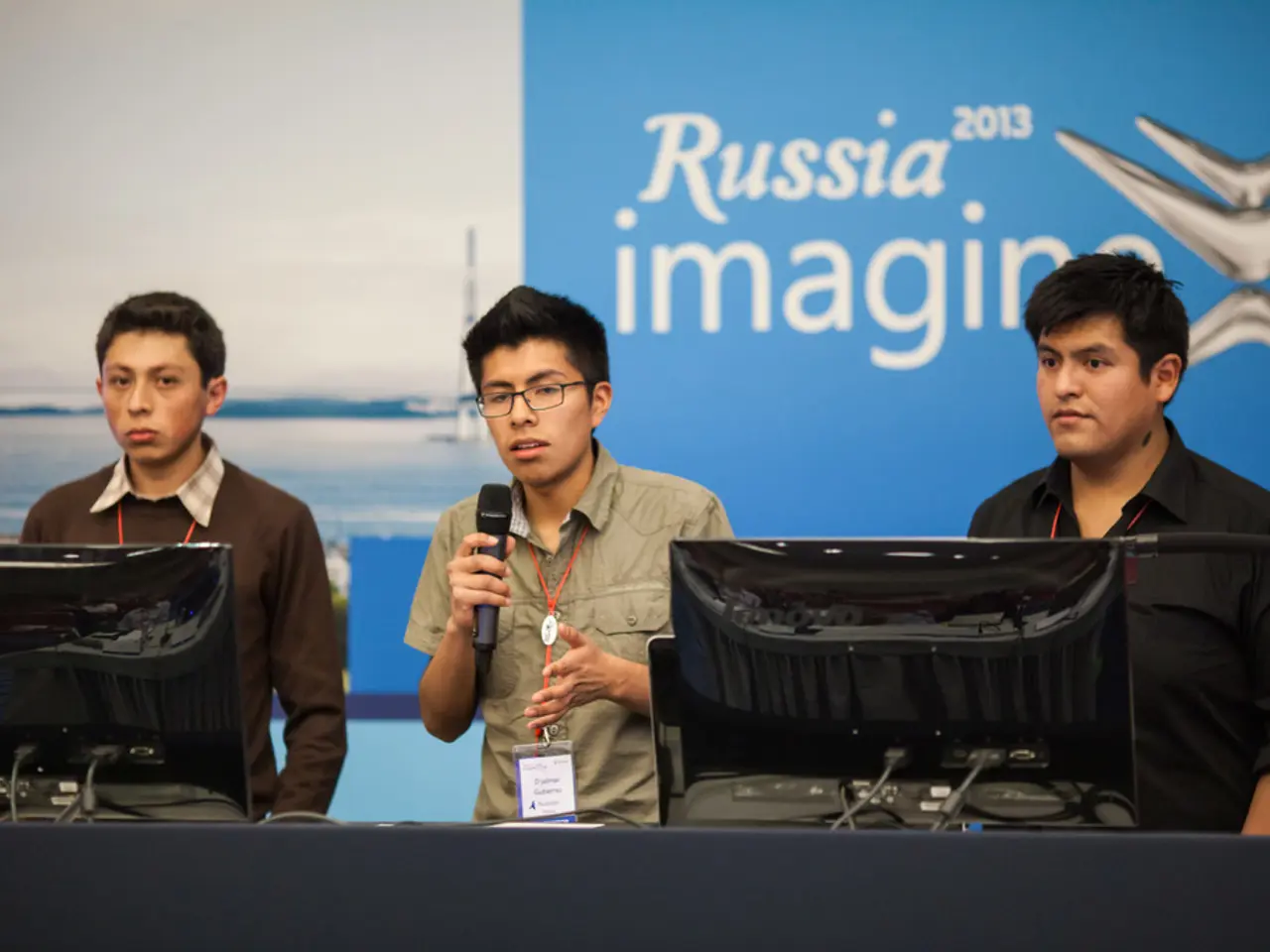Uncertain Journey of Armenia Towards Europe
In the heart of the Caucasus region, Armenia is currently undergoing a significant political and societal shift, aiming to align itself more closely with the European Union (EU). This transition, marked by the Armenian parliament's decision to apply for EU membership in March 2025, reflects a strong political will, particularly under Prime Minister Nikol Pashinyan, to deepen ties with the EU and move away from Russia's influence.
According to Reporters Without Borders, Armenia ranked surprisingly high in its Press Freedom Index 2025, placing 34th out of 180 countries, a testament to the country's commitment to democratic reforms. This reform agenda is supported by increased cooperation with the EU, including a new Partnership Agenda focused on economic development, security, and resilience, backed by significant EU financial support of €270 million from 2024 to 2027.
However, the path to EU membership remains complex and requires sustained reforms and political consensus within Europe. The journey is not without contention, as a heated debate rages within Armenian society over the right course, particularly due to the country's economic and military dependence on Russia.
A 2024 Caucasus Barometer survey revealed that 44% of the Armenian population supports future Armenian EU membership, while 27% oppose it. Interestingly, unlike many other post-communist states, there is no classic urban-rural divide in Armenia regarding EU membership, according to sociologist Yevgenya Jenny Paturyan of the American University of Armenia in Yerevan.
The perception of Russia as Armenia's protector has been eroding since the second war over Nagorno-Karabakh with Azerbaijan in 2020. Russian peacekeeping troops, unable to protect Armenians in the region, withdrew in 2023. Conversely, older people from rural areas and younger, better-educated individuals tend to support Pashinyan and his political dream of EU membership.
Younger Armenians, particularly those in rural areas, view the dissolution of the Soviet Union more negatively than their urban counterparts. However, higher education levels lead to more positive views of the collapse of the Soviet Union among the youth. This suggests a generation shaped by contradictory perceptions of the Soviet past.
Despite some encouraging signs of democratization, such as ongoing reforms to combat corruption, Armenians are disillusioned with democracy. The Armenian public, particularly the younger generation, places trust in the church, military, and police, indicating a shift away from democratic institutions.
Tensions between the government and the Armenian Apostolic Church have escalated recently, which could further divide society. The EU, however, has expressed readiness to support Armenia’s reform efforts and integration process, emphasizing a political partnership that extends beyond economics into security cooperation and humanitarian assistance.
In 2025, the majority of the Armenian Parliament voted in favor of starting the possible EU accession process. This decision was followed by the EU's deployment of a Civic Observer Mission to the Armenian side of the border with Azerbaijan in 2023, further strengthening Armenia's ties with the EU.
Armenia and the EU signed a Comprehensive and Enhanced Partnership Agreement (CEPA) in 2017 to advance economic, legal, and political cooperation. Freedom House only classifies Armenia as partially free in terms of general freedoms, highlighting the need for continued reforms to meet EU accession criteria.
As Armenia navigates this complex path towards the EU, it is essential to address the divided opinions within society and ensure that the reforms align with the aspirations and values of the Armenian people. The journey towards European integration is a significant step for Armenia, reshaping its foreign policy, diminishing reliance on Russia, and fostering a closer partnership with the West.
The company, Reporters Without Borders, highlighted Armenia's commitment to democratic reforms by placing it 34th in the Press Freedom Index 2025. Moreover, the EU's financial support of €270 million from 2024 to 2027 is aimed at promoting economic development, security, and resilience in accordance with the new Partnership Agenda between Armenia and the EU. However, the policy-and-legislation aspect of this partnership faces challenges, as politics and general-news indicate a heated debate within Armenian society over the future course, particularly due to the country's economic and military dependence on Russia.






